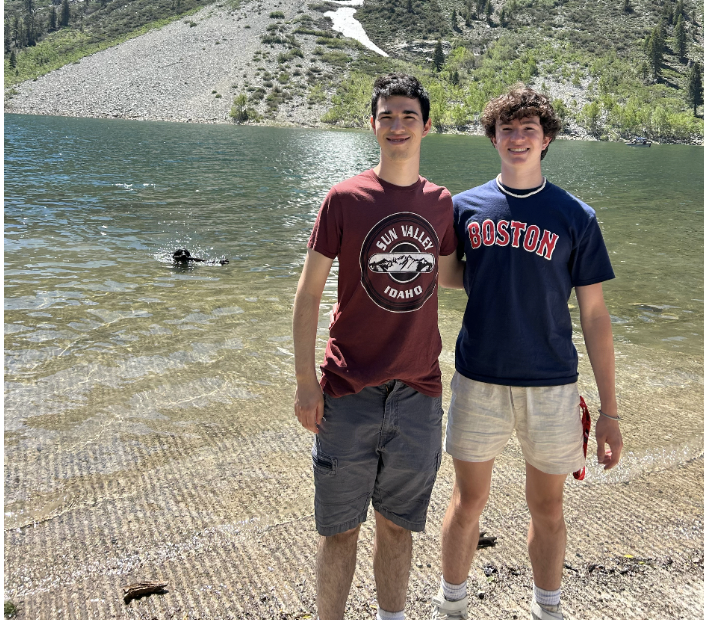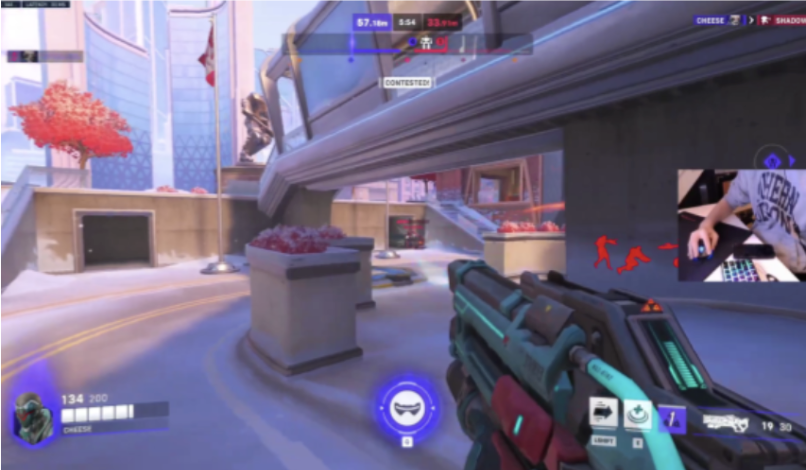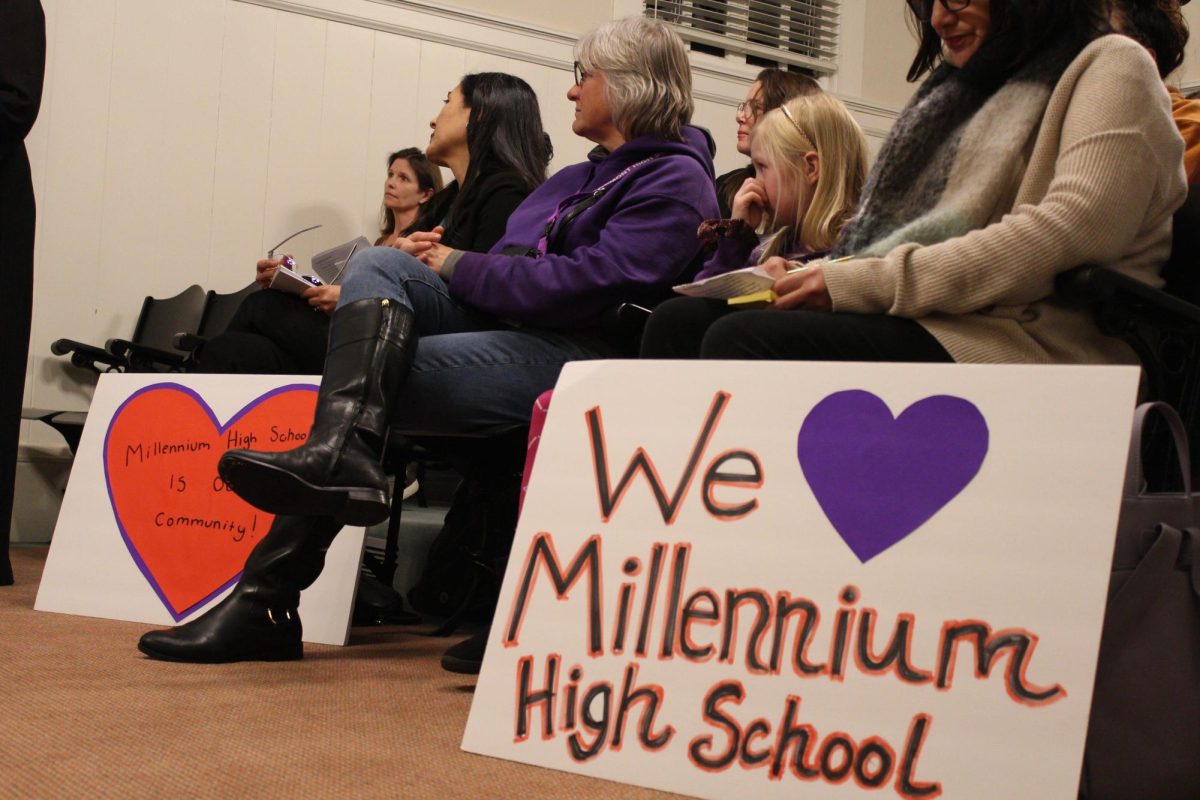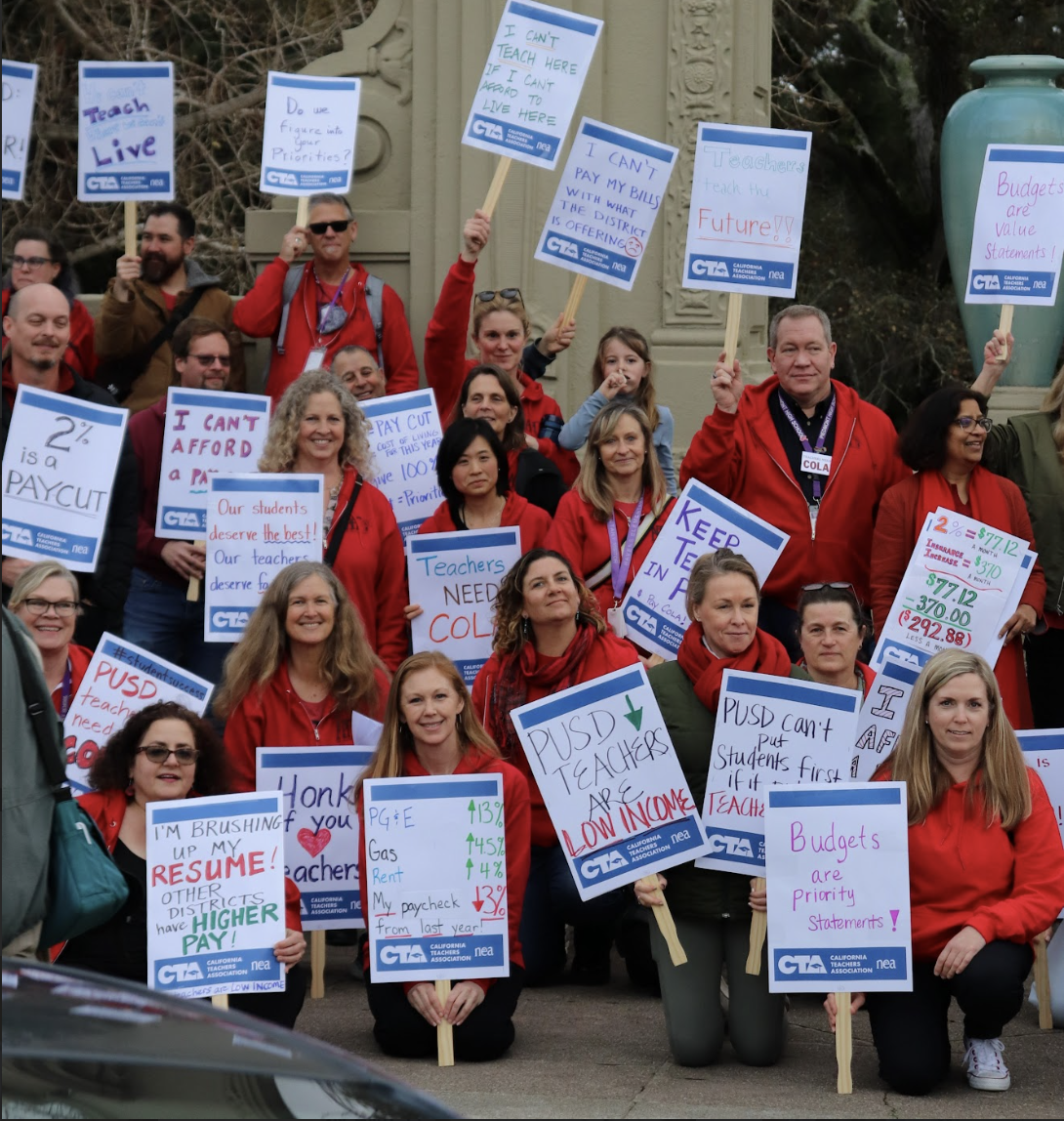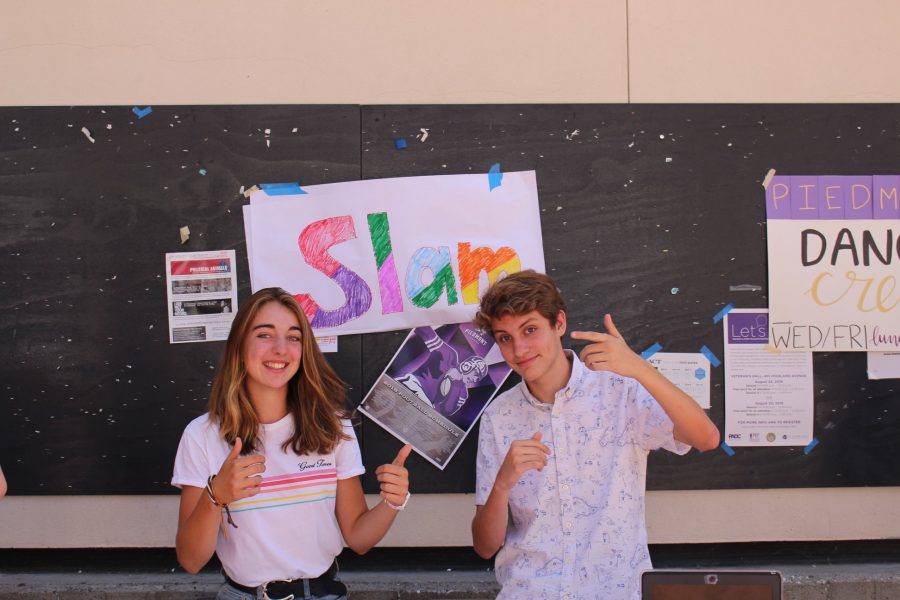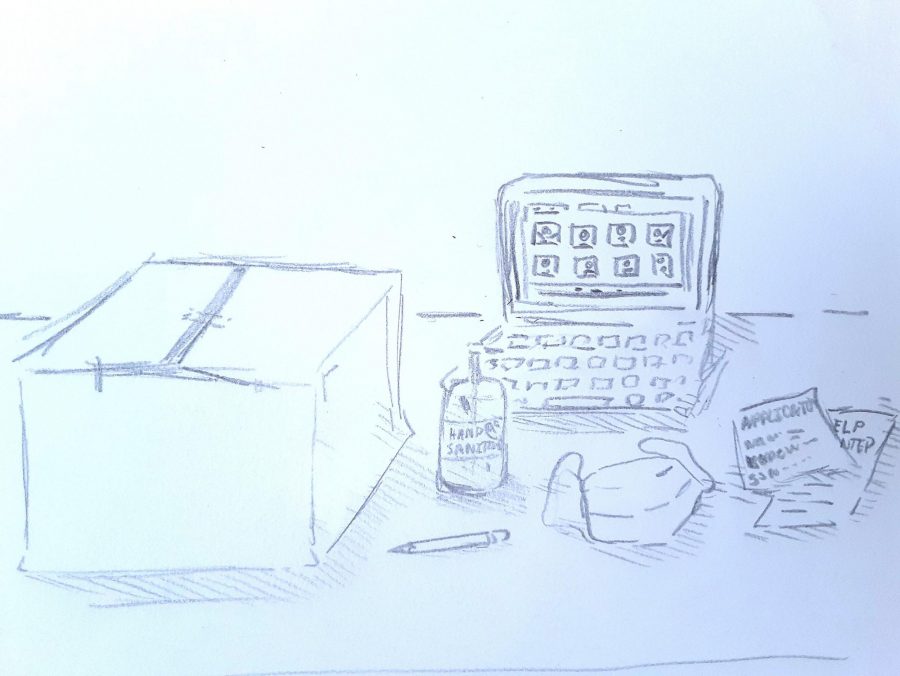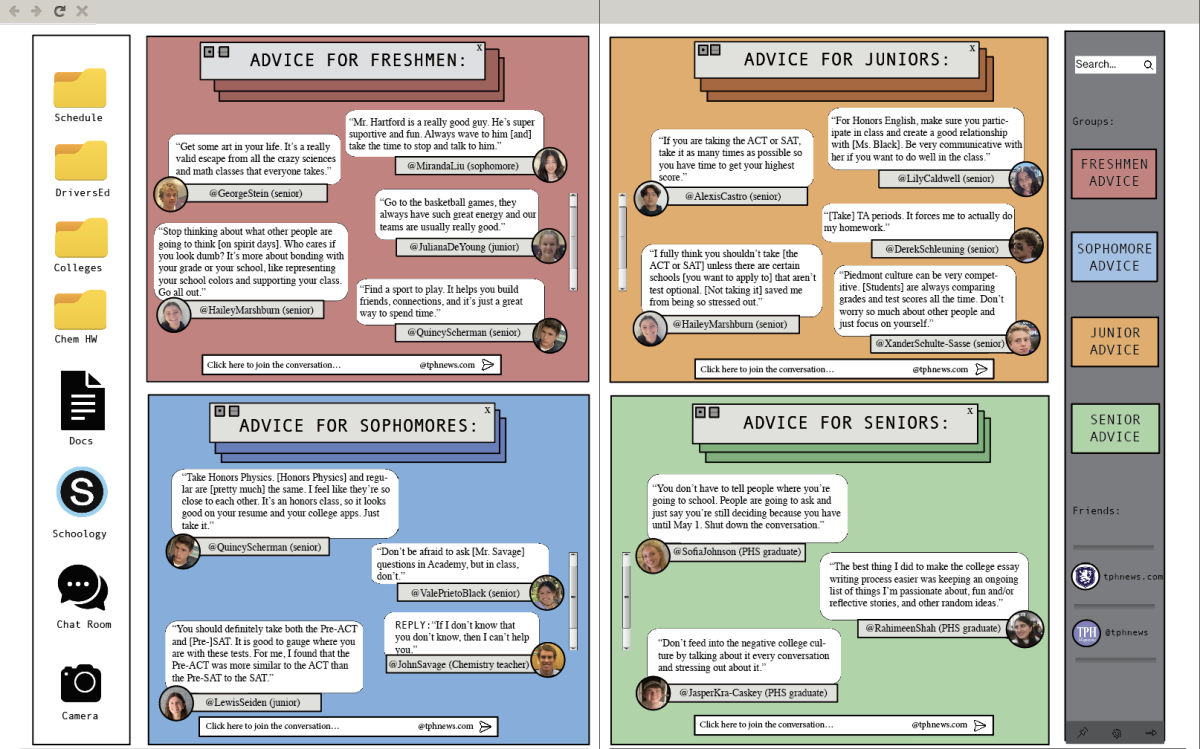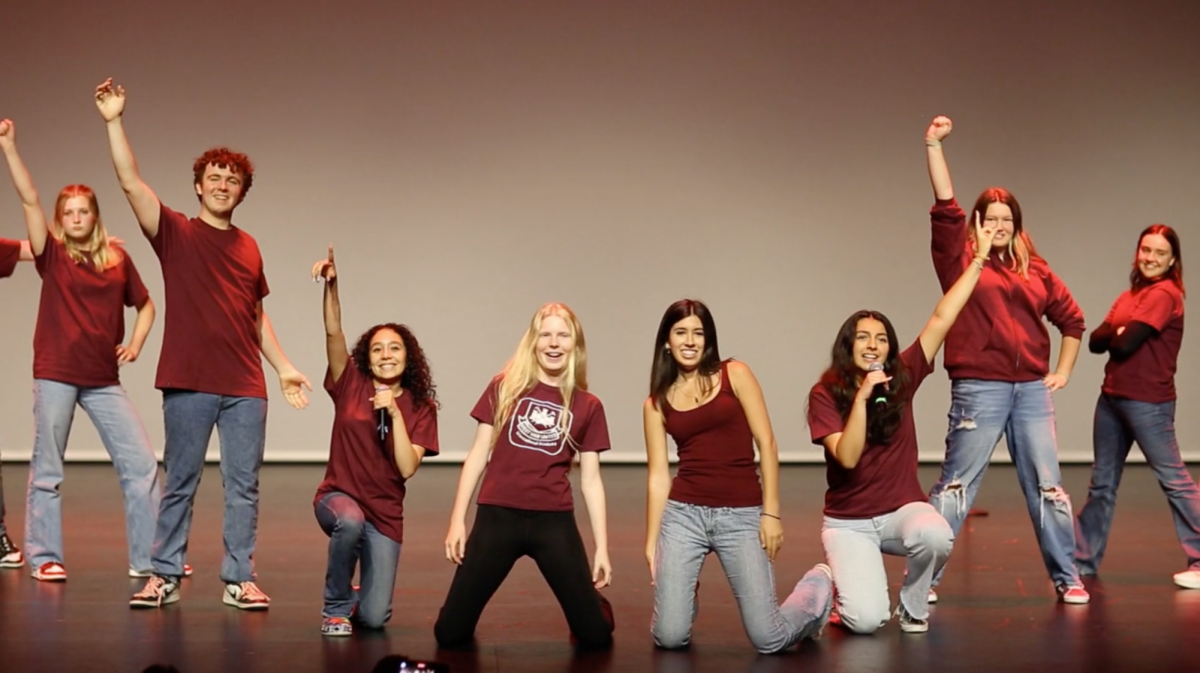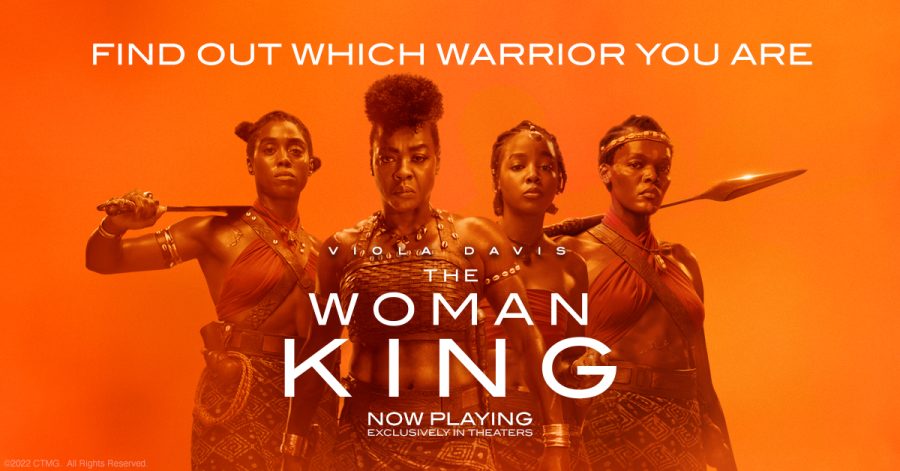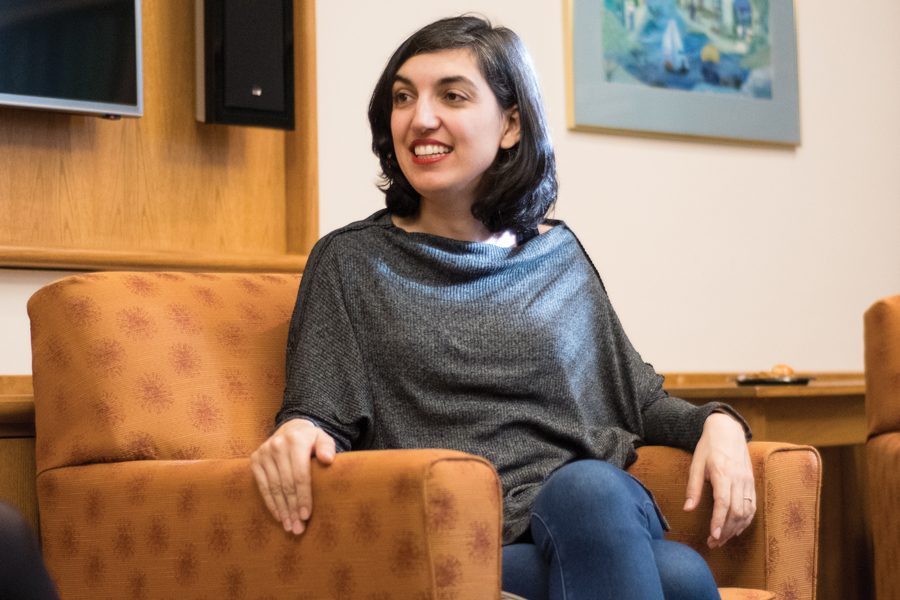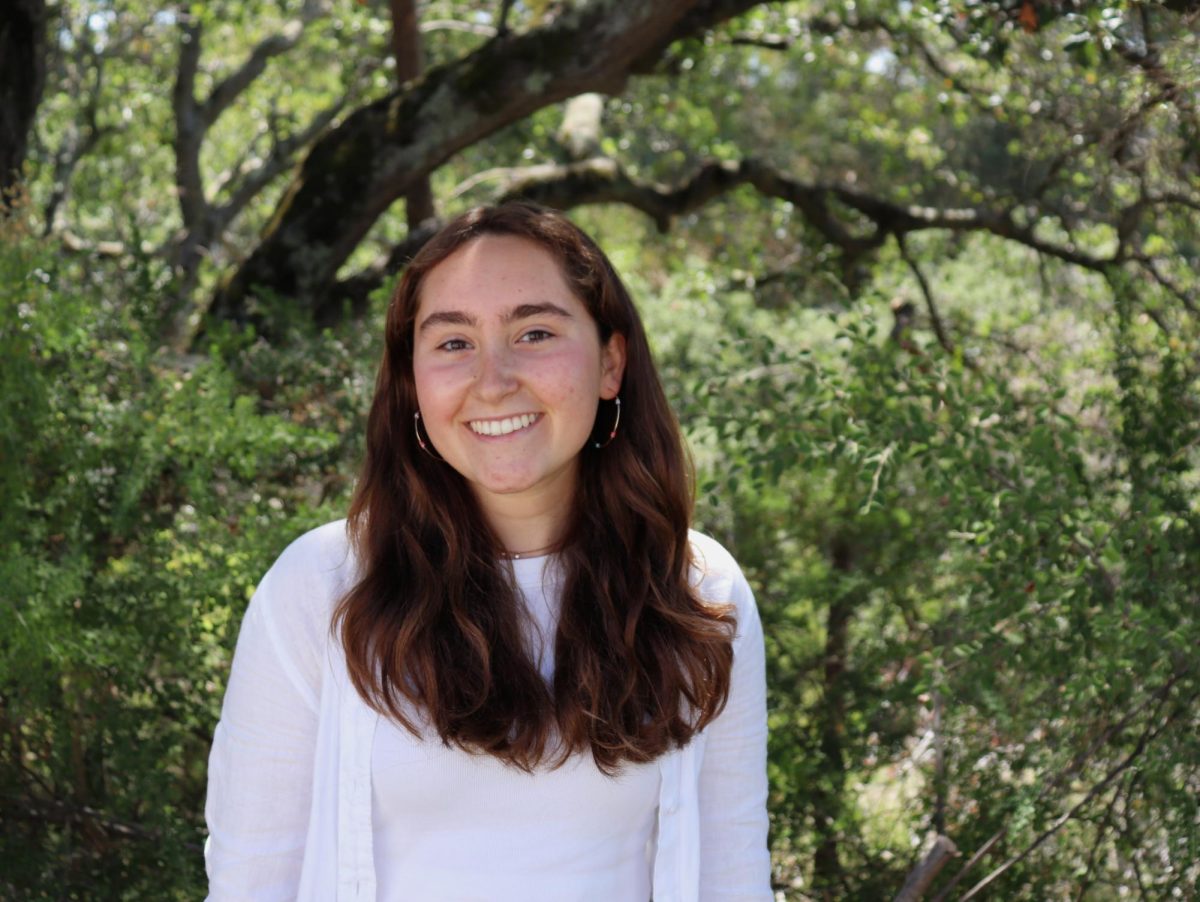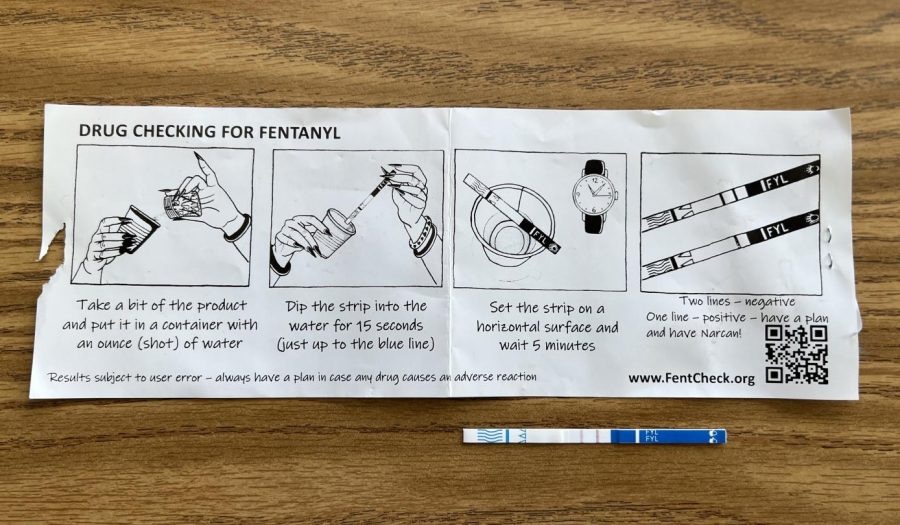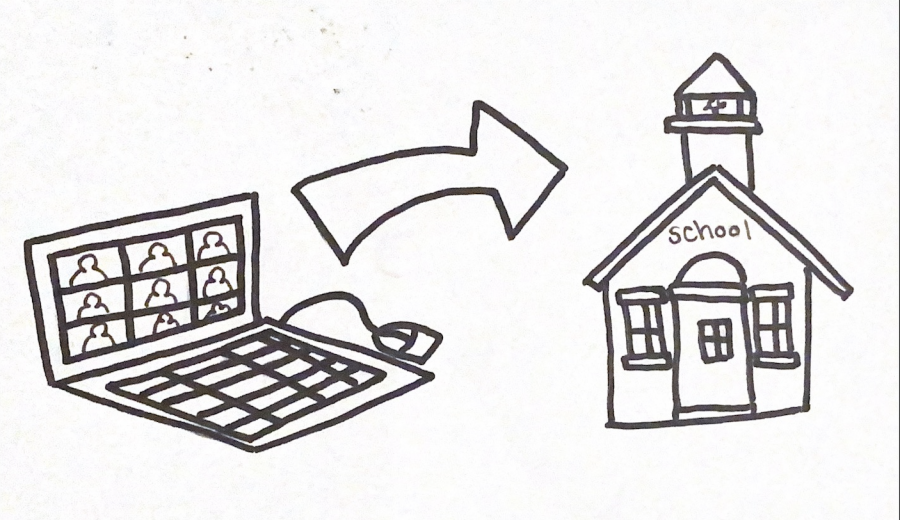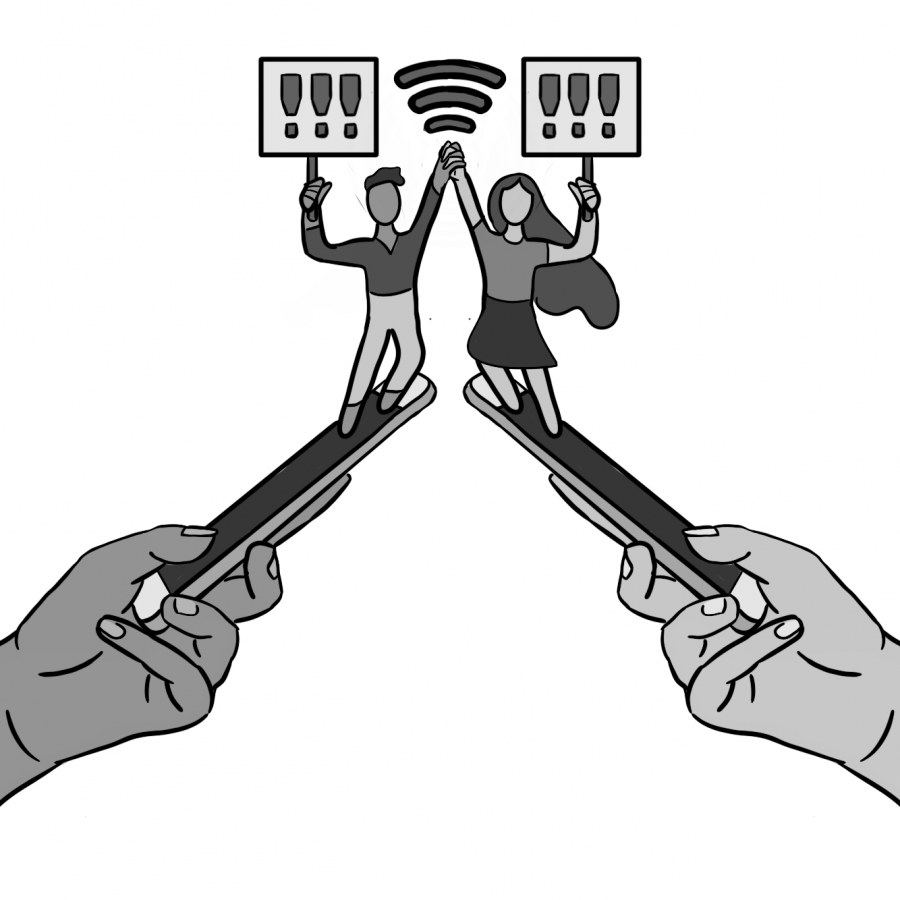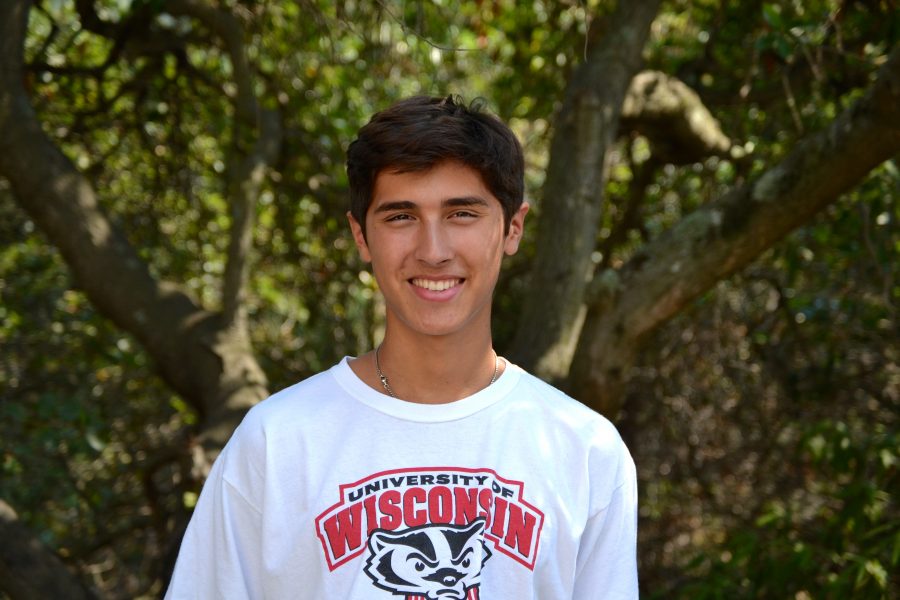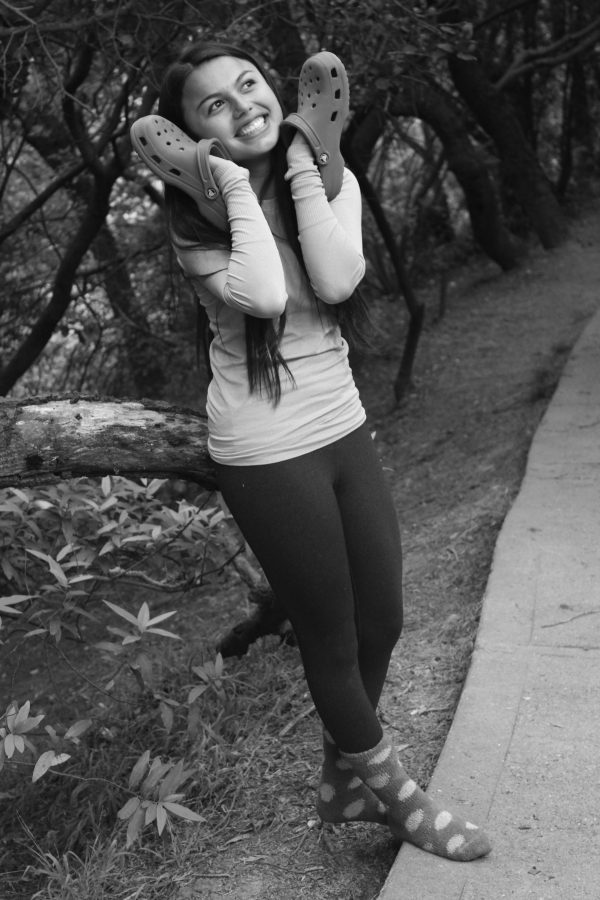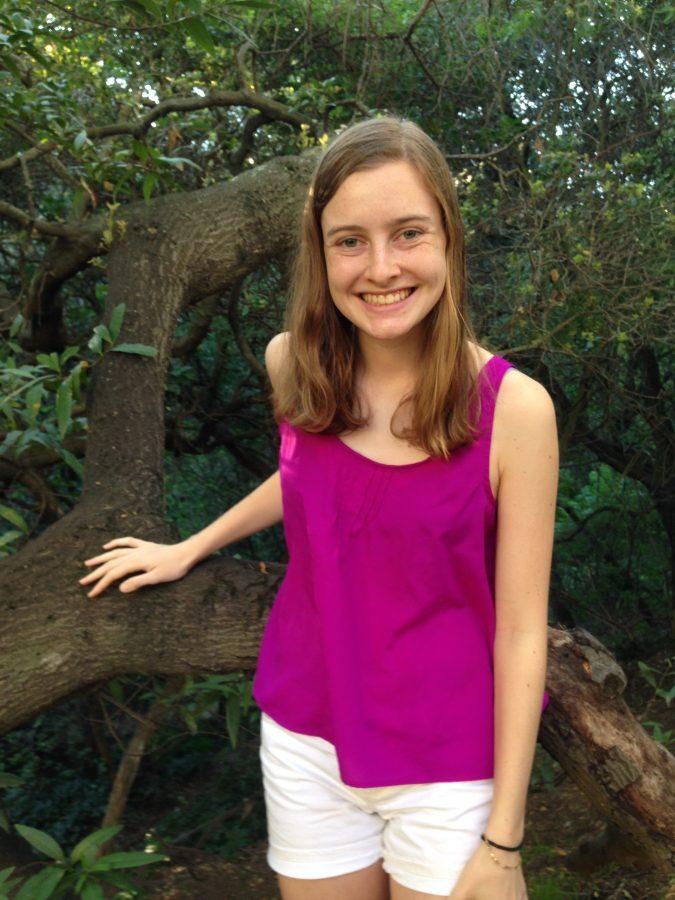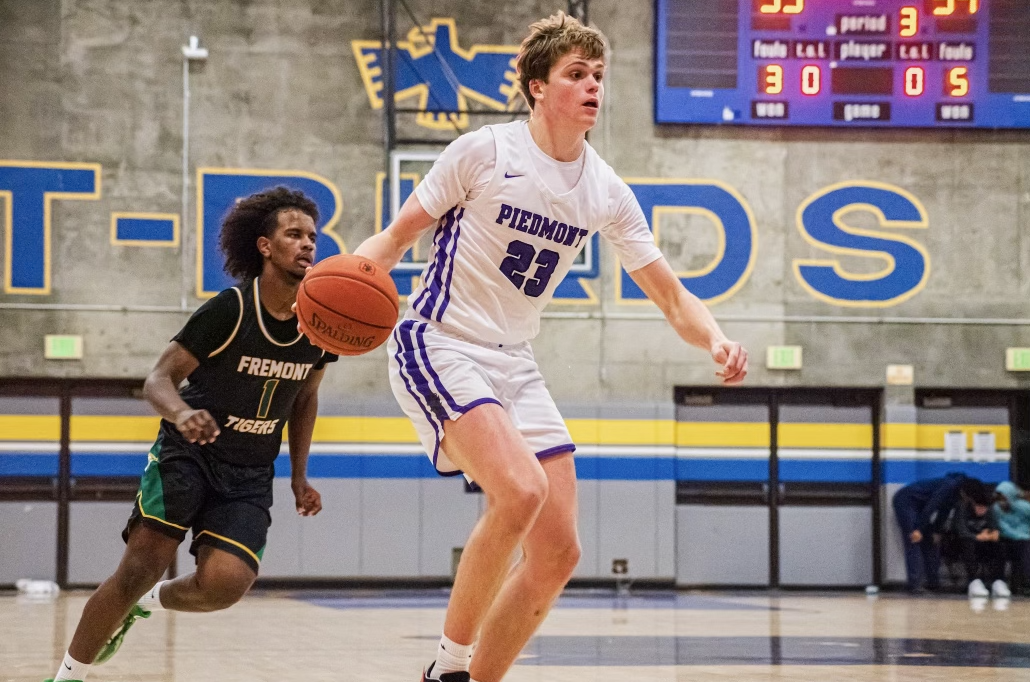 An athlete, a Youth Educator, the most spirited guy on campus, he graduated from Piedmont High School in 2004 ready to begin the next chapter of his life at Middlebury College. After interning at a dentist’s office after his freshman year there, he decided he wanted to be a cosmetic dentist. By the end of his sophomore year of pre-med classes, he noticed he could not use his hands very well.
An athlete, a Youth Educator, the most spirited guy on campus, he graduated from Piedmont High School in 2004 ready to begin the next chapter of his life at Middlebury College. After interning at a dentist’s office after his freshman year there, he decided he wanted to be a cosmetic dentist. By the end of his sophomore year of pre-med classes, he noticed he could not use his hands very well.
“Today is the worst I’ve ever been, but it’s the best I’ll ever be” is how 27-year-old Corey Reich, sitting with me in his family’s one-story home on a Sunday afternoon, sums up his life with amyotrophic lateral sclerosis (ALS), more commonly known as Lou Gehrig’s disease, which he was diagnosed with in July 2007.
According to the ALS Association, only 20 percent of ALS patients survive the disease for more than five years; Corey has lived with it for more than six.
“The scary thing with ALS is that it is so uncertain,” Corey said. “There’s nothing you can do. No cure. No treatments. They couldn’t tell me if I was going to live for another 7 months or 15 years.”
Seated in a chair, Corey’s slender frame radiates strength and confidence as his voice fills the clean, white kitchen. His light-hearted banter warms the room with a sense of optimism. The word “kind” does not even begin to cover all of Corey’s personality, but with his generous eyes and magnetic smile, it comes close.
When Corey’s doctor suggested that he leave Middlebury, Corey said there was no way he was not going back and finishing school.
“College is the best time ever,” Corey said, his eyes twinkling. “I had amazing friends. I loved it there. It was very selfless of my parents, letting me go back.”
Graduating in 2008, Corey came home unsure of what he would do. He had loved coaching flag football and fifth grade basketball when he was in high school, so when his former coach, Varsity tennis coach Neil Rothenberg, offered him a job as the Varsity assistant tennis coach, he took it.
“Now, six seasons later, I just love it,” Corey said. “A lot of people with ALS sit at home, don’t go out, and don’t want to do anything. This is something I love that makes me get outside, connect with people, and keeps me involved in the community.”
Rothenberg said Corey has been a stalwart on the team, very rarely missing a practice or match.
“I don’t interfere with his coaching,” Rothenberg said. “He knows what he’s doing. He knows how to put the hammer down. He knows when to sweet talk. When he rolls out on the court to say something, the players know they better listen. The guys respect him, the girls love him.”
In 2009, Corey starting walking with a cane. By the beginning of 2012, he needed a wheelchair.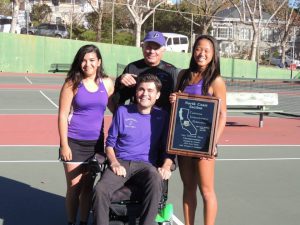
“I wanted to keep walking as long as I could, so I was very resistant to taking the wheelchair,” Corey said. “But, in the year and a half that I’ve had the chair, I’ve driven 800 miles, and that is 800 miles I probably wouldn’t have moved.”
Though Corey does not mind living with his “pretty cool roommates” as he refers to his parents, he appreciates the independence the wheelchair gives him, allowing him to drive around Piedmont and be a better coach.
“The chair gives you more freedom than you think,” said Corey’s mother Wendy Reich.
Corey helps the players put things in perspective, Rothenberg said.
“You have a coach who’s in a wheelchair, who can’t walk without any kind of help, or be very mobile without a chair, and then there’s you, complaining about not hitting the ball well,” Rothenberg said. “You have to start putting things in perspective.”
Corey said that everyone has their issues, and though he thinks that his is pretty bad, it does not mean that those of others are not important as well.
“Everybody is allowed to be sad or happy about their own things, but a lot of times there’s more to life than an A plus on a test or a first crush,” Corey said. “A bad breakup or a bad grade is nothing in the world, but they’re all important things. We all go through them. I have the same thing.”
Grinning, Corey said that his lifestyle would be very desirable if he did not have ALS. He wakes up around ten, earlier if he has Pilates, and does something fun with his mom for lunch. With ALS, Corey is supposed to eat as much fat as possible to keep his weight up.
“I got really into food,” Corey said. “Before, I was pretty active and movement was a big part of my life, and that was kind of taken away. But, I found new ways to enjoy life. I became a foodie. I got into fashion—things that I can do. My likes and my hobbies continue to change. One day I won’t be able to eat; maybe I’ll become a cinephile. There are plenty of things to enjoy.”
In the afternoons, Corey heads down to the tennis courts to coach the tennis team, though during off-season he reverts to baseball instead. A fiercely loyal fan, he went to 76 of the 84 Oakland Athletics games this year. Wendy said that in high school Corey used to wear kilts to the football games.
 “I would say you are a very spirited sort,” Wendy, smiling, said to Corey.
“I would say you are a very spirited sort,” Wendy, smiling, said to Corey.
The Reich family has always taken a big trip every summer, and Corey’s diagnosis did not stop them; within a week of finding out he had ALS, they made plans to zip line in Costa Rica. The following year they safaried in Africa, then hiked Machu Picchu in 2009.
“There was a sense of urgency,” Corey said. “[We thought we’d] better go out and do things I might not be able to do [soon]. We’ll try to continue as long as we can.”
Besides travelling, the Reich’s are very active in the ALS Therapy Development Institute (ALS TDI). Corey’s father Ted Reich is on the Board of Directors, and his younger sister Clare Reich works there. The family has hosted six main Corey’s Crusade fundraising events for ALS TDI. The first one was in the fall of 2008, when Corey had just graduated from college; they raised almost half a million dollars.
“We did not expect that amazing outpour of love and support,” Corey said. “We thought, ‘well let’s not mess with a good thing,’ so we kept throwing parties and have continued raising half a million every year. It was unbelievable.”
The Reich’s have now raised 4 million dollars. Wendy said it is like throwing a wedding every year, as she pays for the food and alcohol, and all of the money people give goes directly to ALS TDI.
“All the money goes to the lab where they do research,” Corey said. “We’ve met the scientists. We know where the money is going.”
To bring awareness to the fact that ALS affects young people, not just the elderly, Ted and Corey founded Young Faces of ALS (YFALS) as a branch of ALS TDI. YFALS hosts an annual corn toss in San Francisco, as well as other events across the nation.
“If we can raise enough money and awareness, it’s just a matter of time before they have something,” Wendy said. “They have things working in the laboratory; the problem is getting it into a drug. We maybe won’t be in time for Corey, but we will hopefully be in time for other people.”
Wendy said that though Corey’s diagnosis has been horrific, it has also been a really positive thing for their family. It has made them more philanthropic and introduced them to a lot of amazing people that have enriched their lives.
“We keep doing all these amazing things with amazing people who we would have been happy not to get to do those things with,” Wendy said. “We were just having an easy life, but now we appreciate it so much more. It’s easy to say, but it’s really true.”
She and Corey spend a lot of time together. Wendy said that when people ask them to do things, they always say yes. Sometimes it gets crazy, but they try to fit everything in.
“Helping others is actually helpful to oneself,” Corey said.
Wendy said that the amazing thing about Corey is that he is very positive. He wakes up happy and never complains about what he cannot do. The rest of the family tries to take his lead.
“I’m pretty good at ignoring it; denial,” Corey said. “I try not to think too much of the future or what will happen with the disease. I just enjoy where I am right now because we don’t know what the future holds.”



